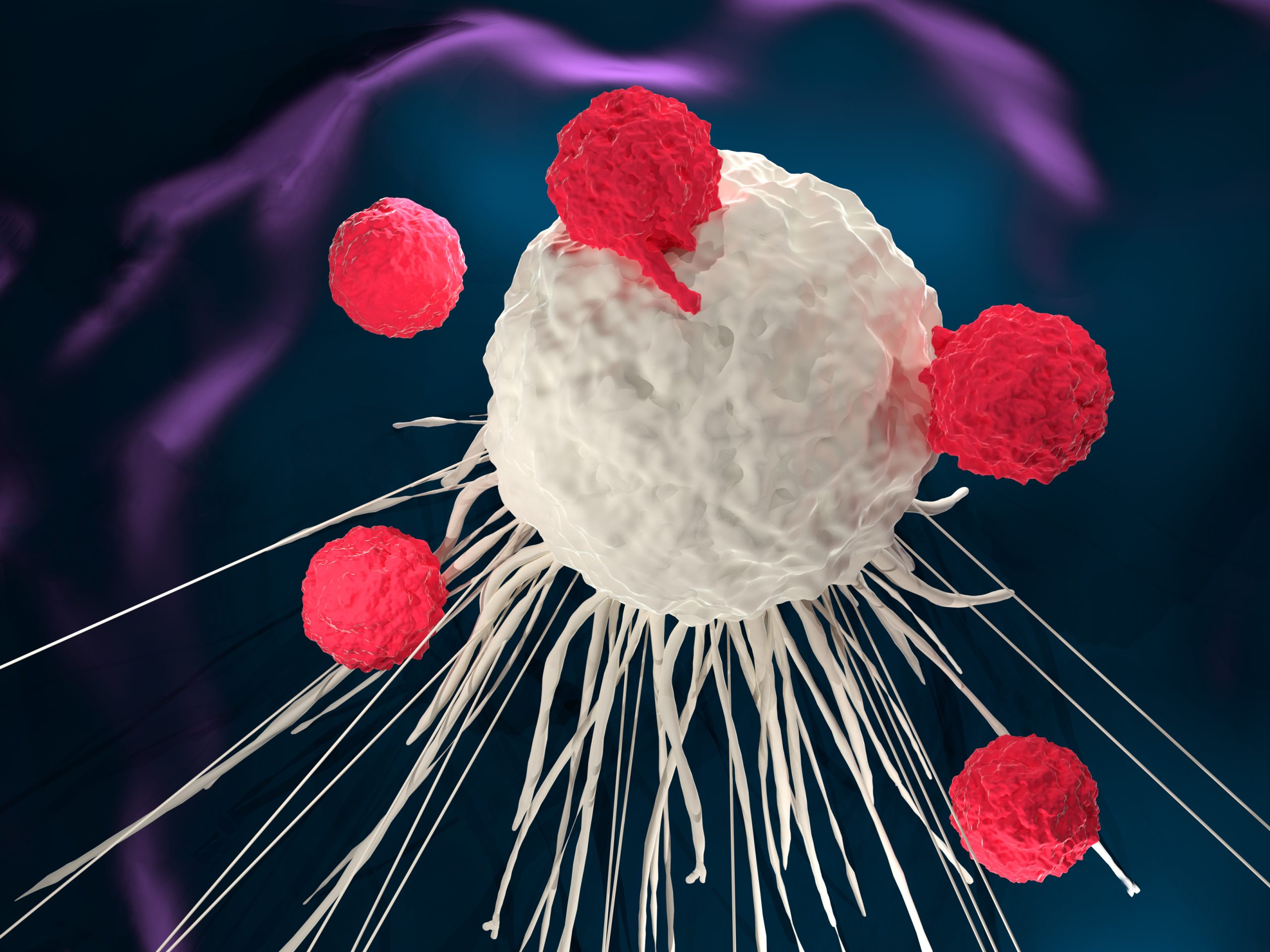
A single infusion of ciltacabtagene autoleucel led to an overall response rate (ORR) of 95% patients in CARTITUDE-2 cohort A and an ORR of 100% in patients in CARTITUDE-2 cohort B.
CARTITUDE-2 Cohort A Results
A single infusion of ciltacabtagene autoleucel “resulted in deep and durable responses” in patients with multiple myeloma (MM) who were refractory to lenalidomide and had one to three prior lines of therapy, according to a presentation on longer-term results from CARTITUDE-2 cohort A.
Adam Cohen, MD, of the Abramson Cancer Center at the University of Pennsylvania, spoke about the research during an oral abstract presentation at the 19th Annual International Myeloma Society Meeting.
CARTITUDE-2 cohort A patients had progressive MM after one to three prior lines of therapy and were lenalidomide-refractory but had no previous exposure to B-cell maturation antigen-targeting agents. The patients were a “difficult-to-treat population with poor prognosis,” Dr. Cohen and colleagues reported.
All patients received a single infusion of ciltacabtagene autoleucel at a target dose of 0.75×106 chimeric antigen receptor (CAR)+ viable T-cells/kg. As of January 2022, 20 patients received the treatment, with a median follow-up of 17.1 months. Most patients were male (65%), and the median patient age was 60 years, with a median time since MM diagnosis of 3.5 years. Almost all patients (95%) were refractory to the last line of therapy and 45% were triple-class refractory.
The ORR was 95%, with 90% of patients having a complete response (CR) and 95% having a very good or better partial response (VGPR). The median time to the first response was one month, and the median time to best response was 2.6 months. All 16 patients who were evaluable for measurable residual disease (MRD) achieved MRD negativity at 10-5.
“Some patients actually had continuous deepening of responses going out even as far as one year,” Dr. Cohen said during his presentation. “At the time of median follow-up, the median duration of response has not been reached, but an estimated 90% of responders are still in response at 12 months, and the 15-month [progression-free survival (PFS)] rate was 70%.”
The peak expansion of CAR T-cells occurred at day 11 (range, 8.7-42.9 days), with a median persistence of 153 days (range, 57.1-336.8 days).
The event-free survival (EFS) rate was 79% at 12 months, and the PFS rate was 75% at 12 months. However, 95% of patients had cytokine release syndrome (CRS), including 10% with grade 3 or 4 CRS.
“The cytokine levels tended to peak around the time of peak CAR T-cell expansion between day 10 and 12 and then would gradually decline thereafter for the next several weeks,” Dr. Cohen said. “And while there were very few patients with high-grade CRS, those couple of patients who had grade 3 or higher CRS did appear to have the highest levels of some of these inflammatory cytokines.”
The median time to CRS onset was seven days, with a median duration of three days. Neurotoxicity occurred in 30% of patients, 15% of patients had immune effector cell-associated neurotoxicity syndrome, and one patient had grade 2 facial paralysis.
“From this initial 20-patient cohort from cohort A, we can say that patients who have received two prior lines of therapy and are lenalidomide refractory had very good efficacy with [ciltacabtagene autoleucel],” Dr. Cohen said.
The results of this work are guiding further research in a phase III study.
“Based on the preliminary efficacy in this cohort, this led to the phase III CARTITUDE-4 study, which is comparing [ciltacabtagene autoleucel] to two different standard-of-care triplets,” Dr. Cohen said.
CARTITUDE-2 Cohort B Results
CARTITUDE-2 cohort B, which was comprised of patients with early relapse after one line of therapy, “experienced deep and durable responses with manageable safety” after a single infusion of ciltacabtagene autoleucel, according to research presented at the 27th Congress of the European Hematology Association.
The patients in cohort B had “functionally high-risk disease” that is associated with poor prognosis, according to lead study authors Mounzer Agha, MD, of the University of Pittsburg Medical Center, and Niels van de Donk, MD, PhD, of the Amsterdam University Medical Center.
Cohort B included patients with MM who received one prior line of therapy, had disease progression ≤12 months after autologous hematopoietic stem cell transplantation (AHSCT) or another type of anti-myeloma therapy, and had not received treatment with CAR T-cells or anti-B-cell maturation antigen therapies. Most patients (79%) previously received AHSCT. The median patient age was 58 years (range, 44-67 years), and 74% of patients were male.
All patients received a single infusion of 0.75×106 CAR+ viable T-cells/kg. The median follow-up was 13.4 months (range, 5.2-21.7 months). As of January 2022, 19 patients received the treatment.
The ORR was 100%, with 90% of patients achieving a CR or better, and 95% of patients achieving a VGPR or better. The median time to first response was 0.95 months, and the median time to best response was 5.1 months. The one-year PFS rate was 90%, and the one-year EFS rate was 88.9%. Almost all patients (93%) who were evaluable for MRD achieved MRD negativity at 10-5.
The peak expansion of CAR T-cells occurred at day 13.1 (range, 8.96-200.9 days), with a median persistence of 76.9 days (range, 40.99-221.8 days).
CRS occurred in 84.2% of patients, including one patient with grade 4 CRS. The median time to onset was eight days, and all events resolved. Immune effector cell-associated neurotoxicity syndrome and movement and neurocognitive adverse events each occurred in one patient. One patient died due to progressive disease.
“This functionally high-risk [patient] population with early relapse after initial therapy experienced deep and durable responses with manageable safety following a single [ciltacabtagene autoleucel infusion]. [Ciltacabtagene autoleucel] led to responses in patients with ineffective or insufficient response to AHSCT,” the authors concluded. “Follow-up is ongoing, and responses continue to deepen.”
References
Cohen A, Einsele H, Delforge M, et al. Updated clinical data and biological correlative analyses of ciltacabtagene autoleucel (cilta-cel) in lenalidomide-refractory multiple myeloma after 1–3 prior lines of therapy: CARTITUDE-2 Cohort A. Oral Abstract #045. Presented at the 19th Annual International Myeloma Society Meeting; August 25-27, 2022.
Agha M, van de Donk N, Cohen A, et al. CARTITUDE-2 cohort B: updated clinical data and biological correlative analyses of ciltacabtagene autoleucel in patients with multiple myeloma and early relapse after initial therapy. Abstract #S185. Presented at the 27th Congress of the European Hematology Association; June 9-12, 2022.

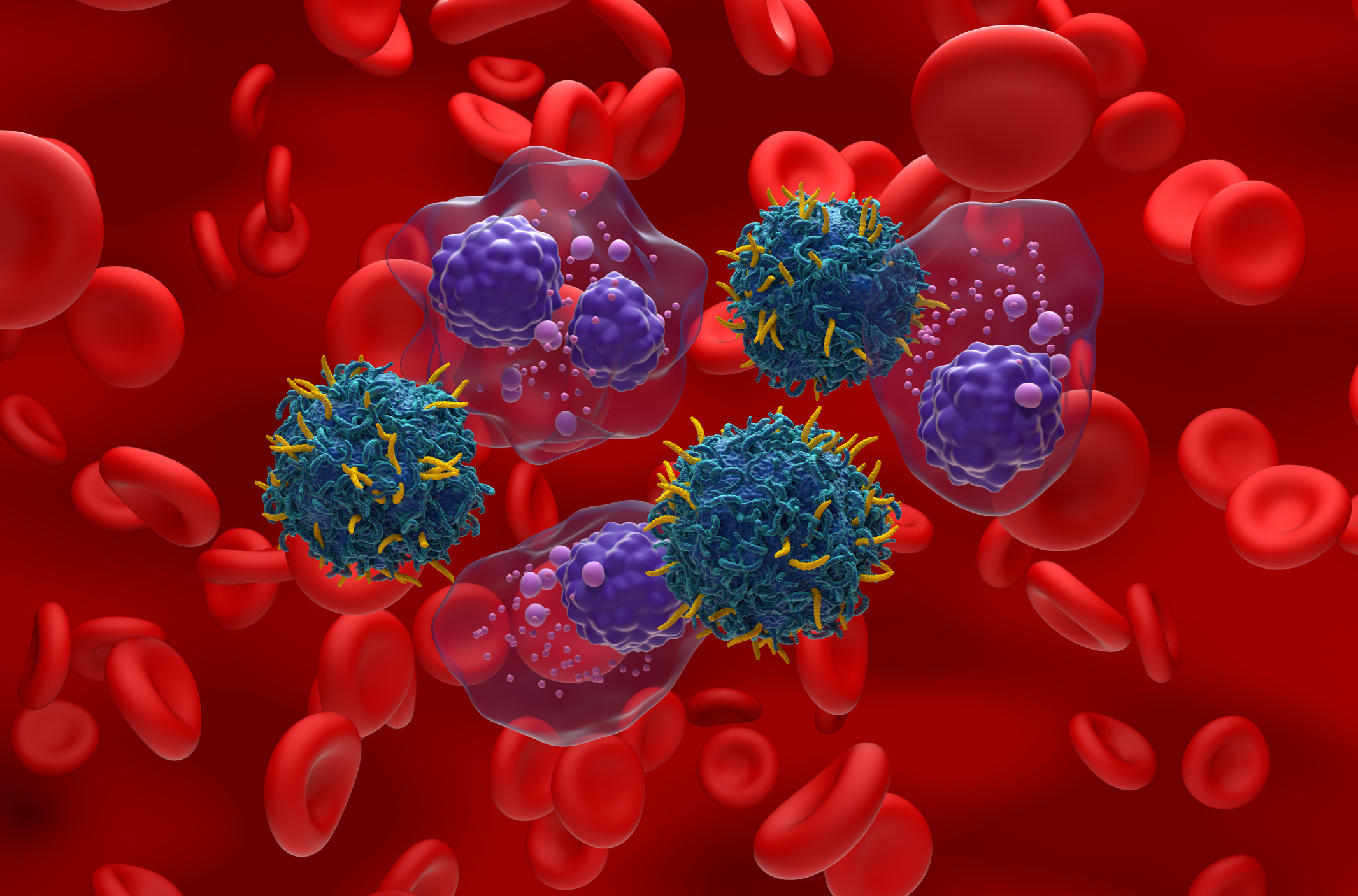
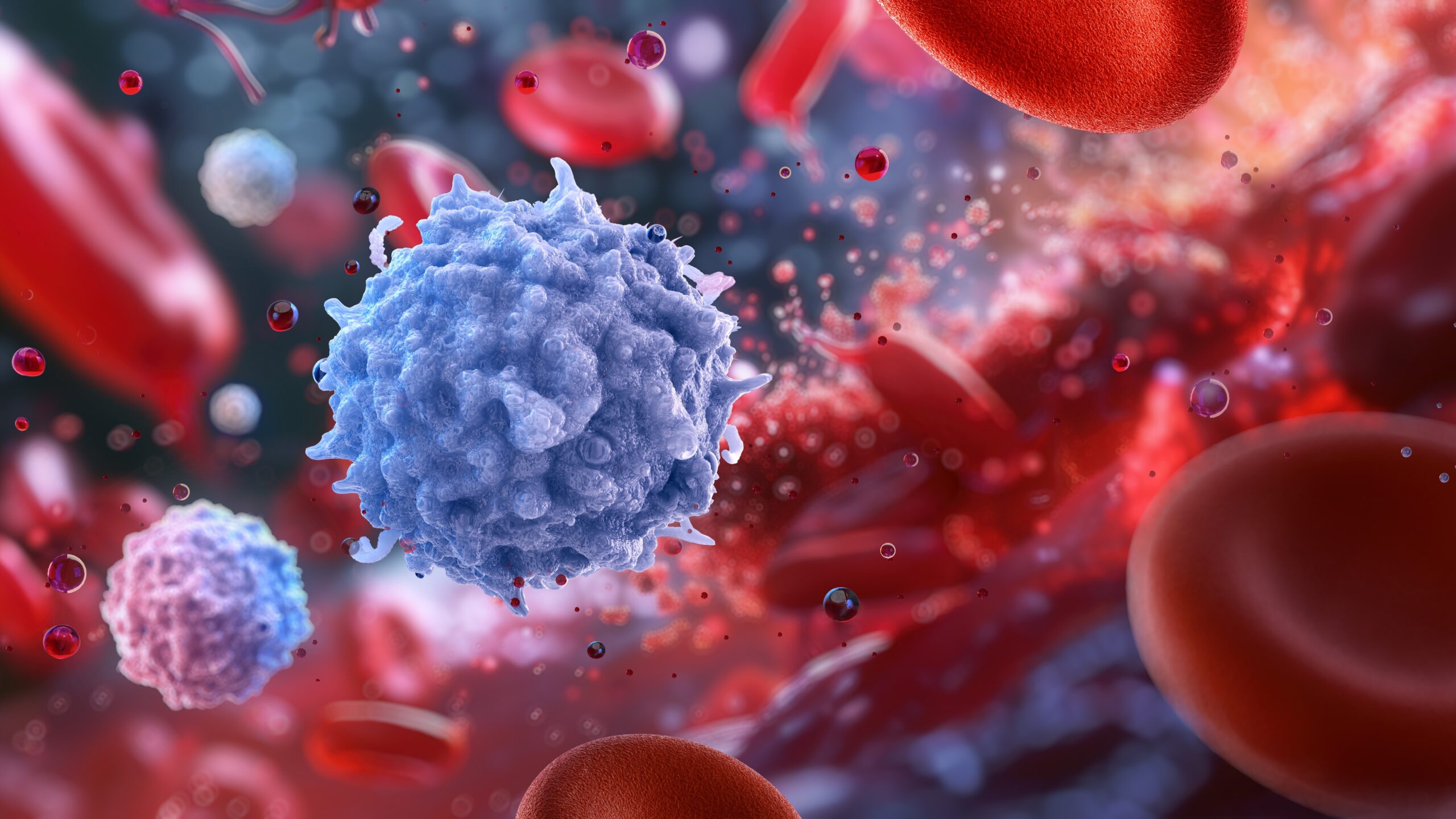
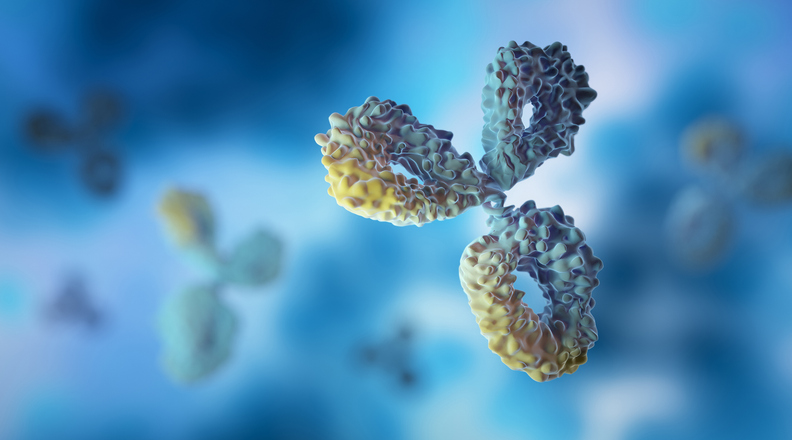

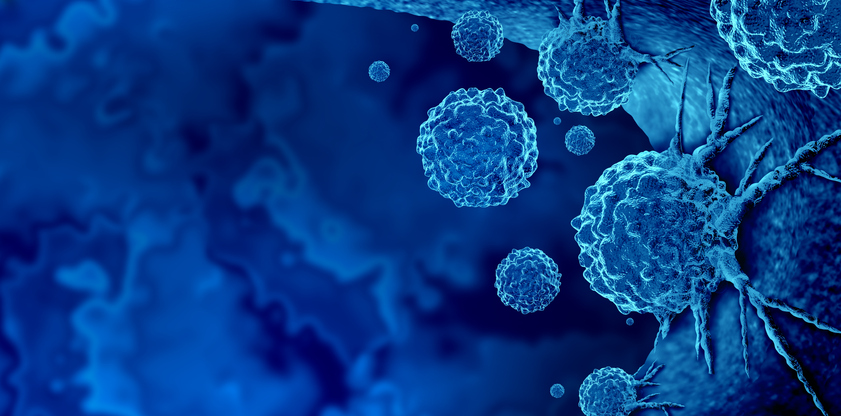
 © 2025 Mashup Media, LLC, a Formedics Property. All Rights Reserved.
© 2025 Mashup Media, LLC, a Formedics Property. All Rights Reserved.